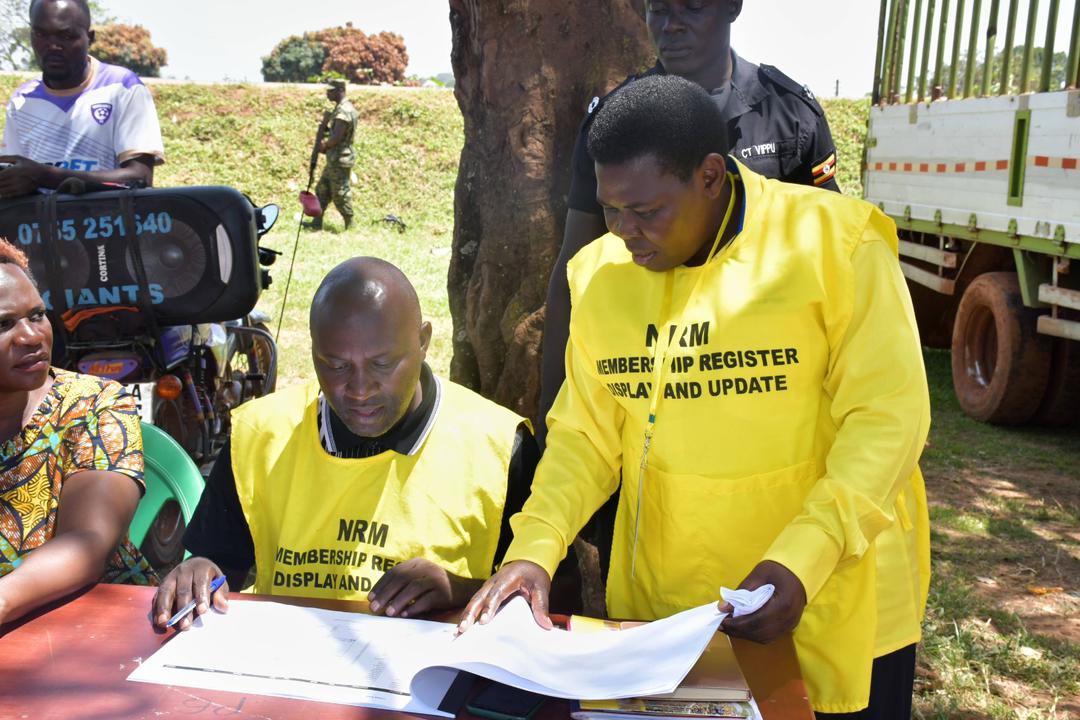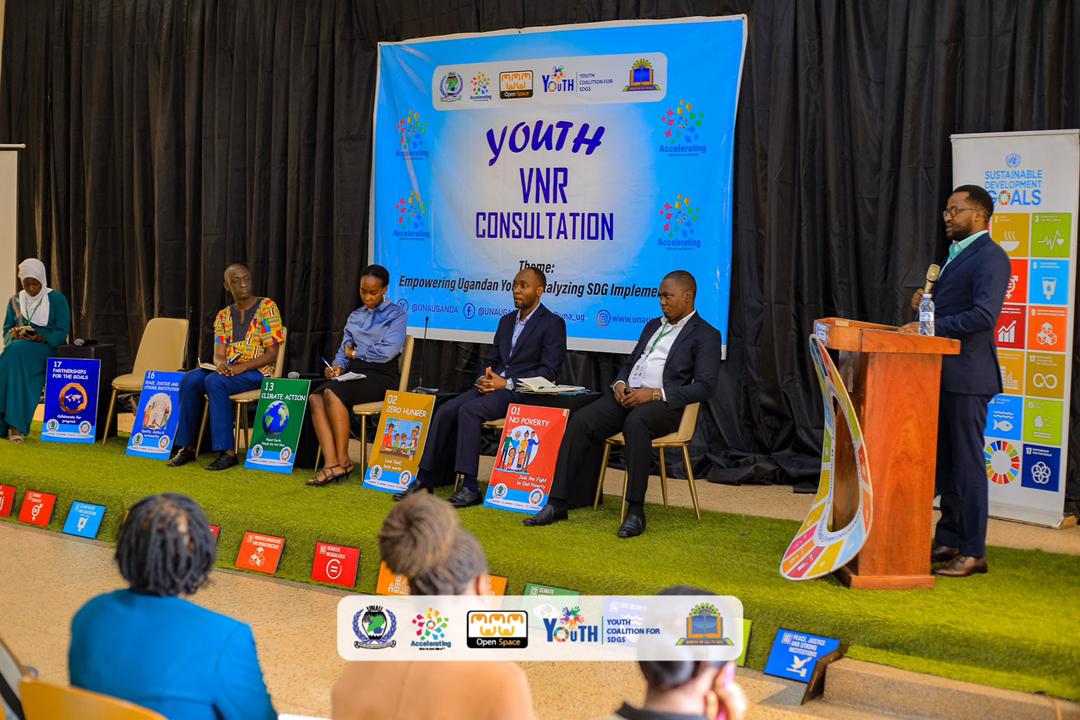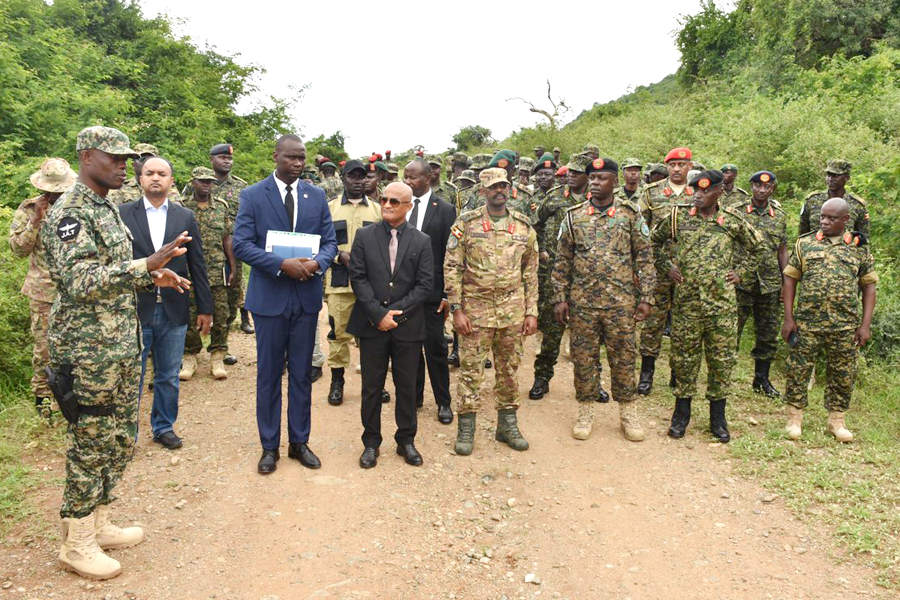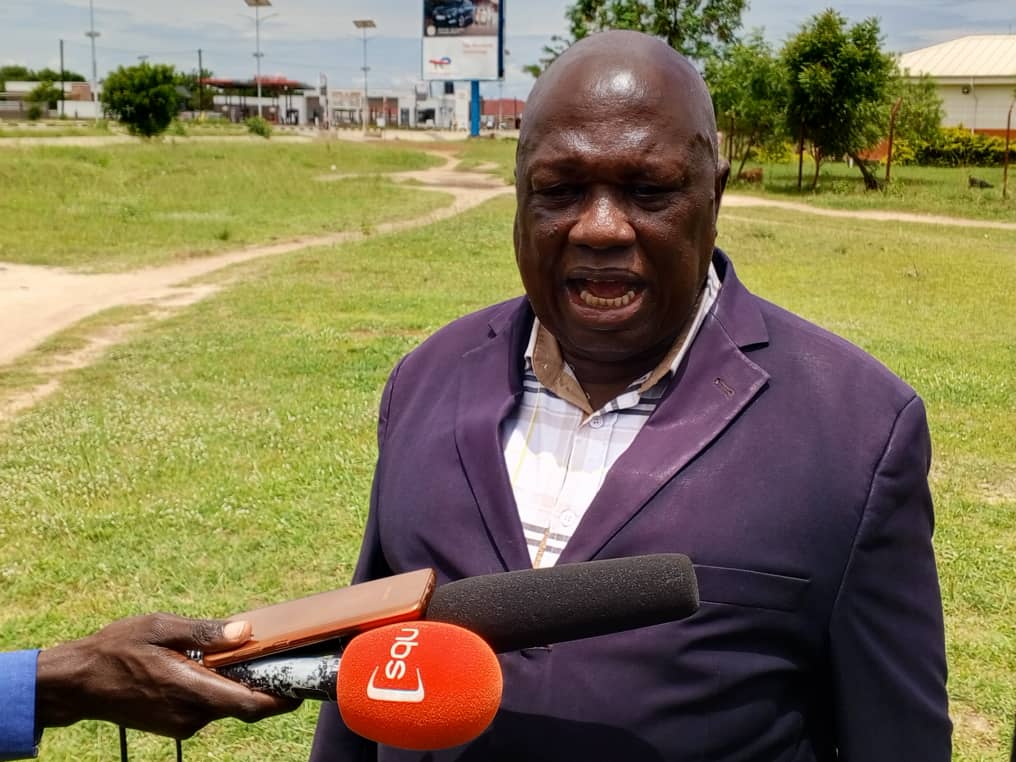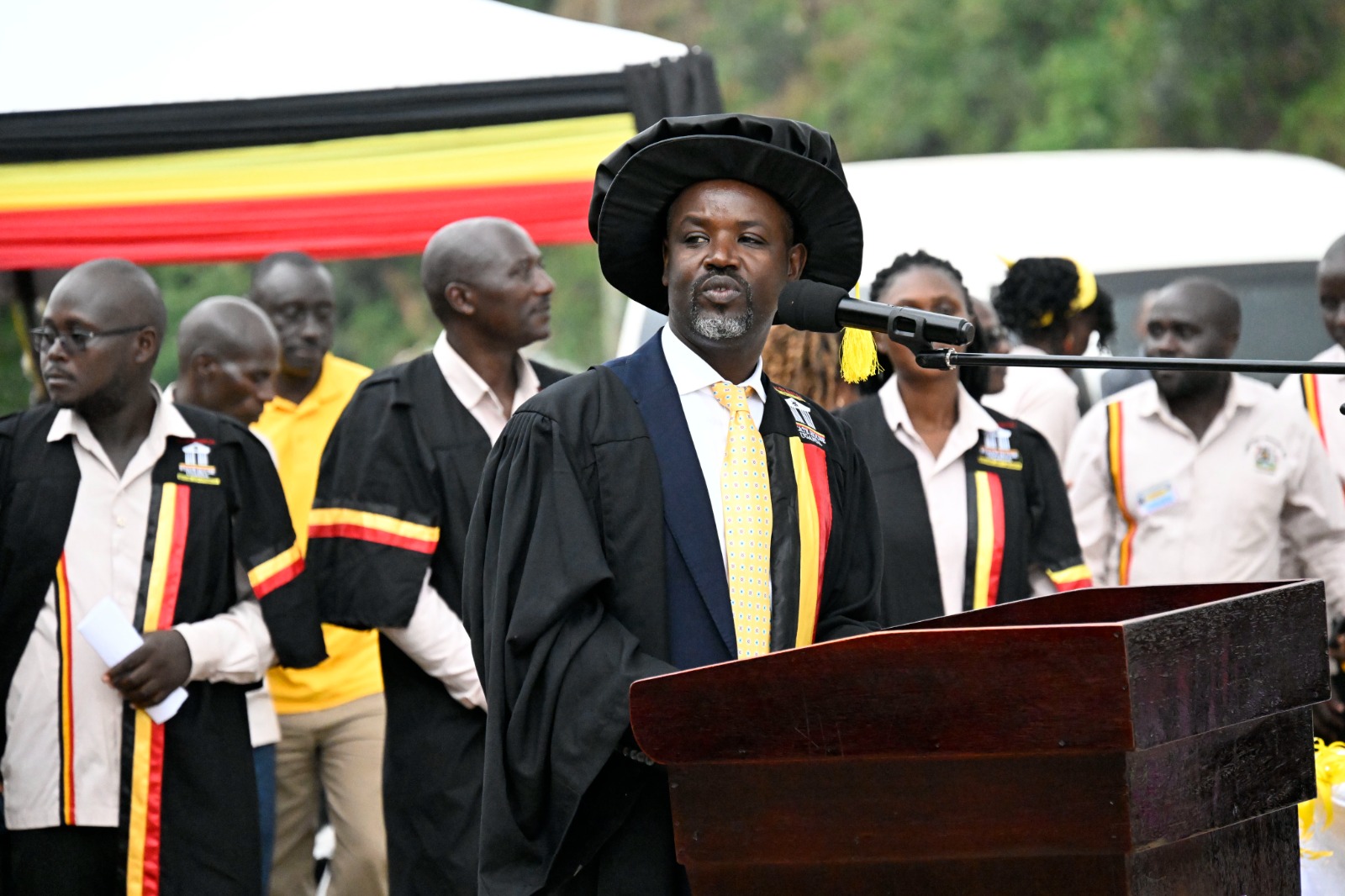Uganda must rethink the intelligence architecture to curb complex criminality
Dr. Solomon Asiimwe
Keep Reading
Uganda has in the recent past experienced a unique wave of insecurity ranging from violent murders and torture by criminal use of rudimentary tools like machetes (kijambiya) to economically motivated kidnappers demanding cash amounts from as low as half a million shillings.
This prompted the questioning of the wherewithal of the government to secure citizens to which government responded by making top leadership level reshuffles in security agencies, deploying local defense patrol units and installing cameras on major city roads, among other reactionary interventions.
While these changes were laudable in as far as raising public confidence is concerned, they are in themselves, not a sustainable solution for the management of the nature of contemporary complex and transnationalism threats to national security.
To me, a more sustainable solution lies in realigning the intelligence systems with the realities of the non-traditional threats as are being currently experienced in Uganda.
Today’s threats are not what most African governments were previously used to because they require application of soft power more than the traditional militaristic tools of securing citizens.
Unfortunately, most governments, including ours, are still prioritizing investment in the traditional hard military and policing systems relegating the intelligence services to the peripheral.
To me, this is where the failure to prevent crime to acceptable levels lies.
An inherently fundamental systemic flaw exists in the way the country’s intelligence and security services are operationally oriented.
Worldwide, intelligence services are state organizations with the tasks of collecting and analyzing national security information and disseminating it to relevant actors.
These services are distinguished from other government agencies by the special powers and attributes they possess to collect information which makes them the most reliable social, economic, political and security early warning mechanisms for countries.
Ideally, intelligence services should always run ahead of situations but given the way things are panning out today, I am impelled to argue that our intelligence services are running far behind the already altered nature of the security landscape.
The Uganda security intelligence system is still locked in the immediate post-National Resistance Army (NRA) guerilla operational framework which can no longer fit in the nature of the contemporary complex security dynamics.
For example, during the early years of the NRM/NRA government, intelligence was voluntarily supplied by people with strong ideological conviction but the longer the government has stayed, and the more the opposition to it has grown, the less the public has become inclined to volunteerism.
It is no longer feasible therefore, to plan on the assumption that people will volunteer information on ideological basis alone in an increasingly materialist society of today.
While patriotism is a must for all citizens, the obtaining reality suggests that the Ugandan society has become more materialist due to the worldwide capitalistic nature of human interactions.
All these intertwined changes have significant implications on the cost of intelligence gathering and managing national security in general, demanding a corresponding rethink of the organizational aspects of national security management.
Without this, we shall continue witnessing inter-agency clashes as have been common between the Uganda Police Force (UPF) and the Internal Security Organizations (ISO) over mandate issues which give room for crime to flourish.
Not once or twice has the Ugandan public witnessed unfriendly verbal exchanges between the ISO, the Chieftaincy of Military Intelligence (CMI) and the UPF over matters they should in principle never conflict over. These institutions under normal circumstances should work in cooperation.
Unnecessary conflicts keep recurring because the intelligence services have remained stuck in the early NRA methods of work in which “hard Security” issues were the main concern of all agencies at the time.
However, the changed nature of threats today require more intelligent (soft power) than hard military type responses with personnel of diverse intellectual and analytical capability- issues I suggest should begin to feature in the national security strategic planning conversations for sustainable security and development.
The author, researcher and lecturer, Security Sector Mag't International Relations/Diplomacy), Senior Consultant at Great Lakes Strategic Information & Research Consults.*




